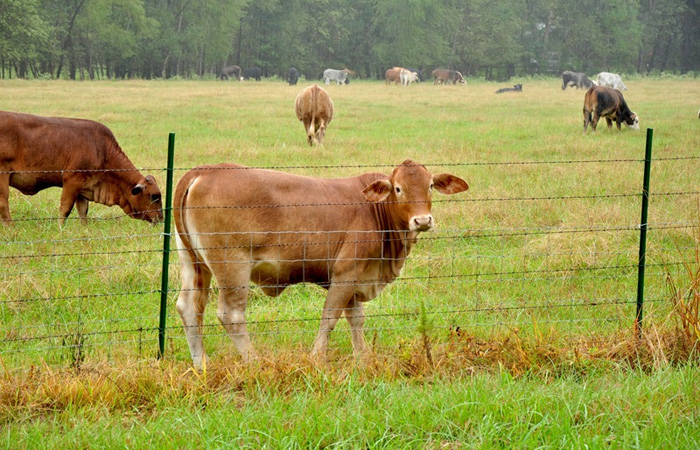The Manitoba government is making changes to the Agricultural Crown Lands (ACL) Leases and Permits Regulation to support improving forage productivity, growing the livestock industry and advancing sustainability after receiving public feedback.
“The Agricultural Crown Lands Program is meant to strengthen the livestock industry, enhance productivity and encourage growth,” said Agriculture Minister Derek Johnson. “At the same time, the ACL Program needs to work for leaseholders and Indigenous Peoples who use these lands for traditional purposes and to exercise treaty rights. After a 45-day public comment period that included Indigenous communities and organizations, as well as stakeholders, we are revising the ACL Leases and Permits Regulation to improve the program for all who use it.”
Agricultural Crown lands are parcels of land vested to Manitoba that the government leases to producers for agricultural use, including grazing, haying or annual cropping. Agricultural Crown lands are important public assets economically, environmentally and socially. Agriculturally, these Crown lands are essential to supporting and growing the livestock industry in Manitoba, and provide mitigation and adaptation to climate change, the minister noted.
Based on the public feedback, the revised ACL Leases and Permits Regulation will enable outgoing leaseholders to choose the value of improvements for compensation at either the value set out in the appraisal report or a lesser value they specify, the minister added.
The Manitoba government began to modernize the ACL program in 2017 to increase access for Indigenous, young and new farmers. It was updated significantly in 2019 to enable leases to be allocated by auction and to set rates at market-based rents.
The current amendments to the ACL Leases and Permits Regulation include:
- reducing forage lease rents over the next several years to help producers recover from drought and flood conditions in recent seasons;
- extending lease terms to a maximum of 20 years from 15 years when producers invest in forage productivity improvements;
- enabling 15-year leaseholders to transfer the remaining years of their leases to an eligible third party;
- developing a process that could enable legacy leaseholders to transfer their agricultural Crown lands to a third party by nominating the next leaseholder, if the agricultural Crown lands are not selected under Treaty Land Entitlement and do not impact Indigenous treaty rights;
- including non-profit Indigenous organizations to be eligible to hold forage leases, in addition to the bands that are already eligible; and
- formalizing the process for assessing land productivity used to determine rent to create an incentive to manage the land and invest in its productivity.
The amendments to the ACL Leases and Permits Regulation will come into force on Jan. 1, 2024.





